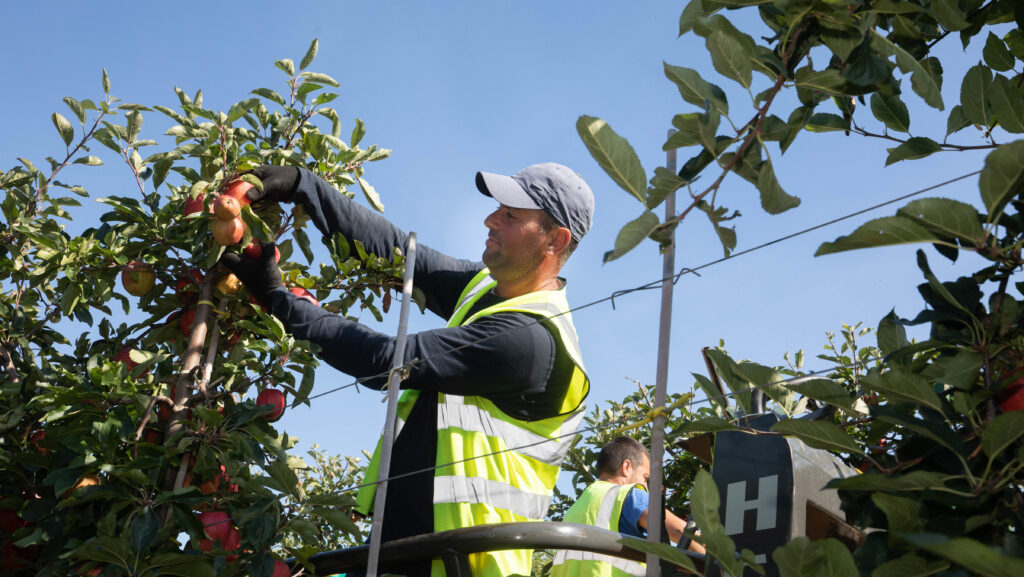Fruit and veg growers oppose planned audit changes
 © Tim Scrivener
© Tim Scrivener Growers have called for proposals to reform the Sedex (Supplier Ethical Data Exchange) auditing process to be paused, due to the significant cost implications it would have for businesses and the impact on the future viability of UK fruit production.
Proposed changes could mean growers have to pay thousands of pounds for audits and also leave farm businesses footing the bill for visas and transportation fees of seasonal workers.
Several farming organisations consider the intended changes by Sedex to be in contradiction to guidance provided by the government’s Seasonal Workers Scheme.
See also: British Berry Growers fear new audit rules will add cost burden
One grower said: “The proposed change makes little sense. Once in the country and the employer has paid for visas and travel, what is to stop the new employee from leaving and going elsewhere to work?
“The employee could easily move to a neighbouring farm with no cost to the new employer.”
Many growers also feel that some of the changes would be unworkable and would not be able to be implemented in practice.
Almost half (46%) of growers intend to either resign from Sedex or move to an alternative ethical audit, according to a survey of 169 growers by the British Growers Association.
The survey also found that just 37% of respondents planned on using the new SMETA [Sedex Members Ethical Trade Audit] 7.0 auditing requirements.
Jack Ward, chief executive of the British Growers Association, said: “We knew there were serious concerns among growers. But this survey has given the clearest indication yet of what growers may do in the face of several unworkable changes to this audit.
“Just under a quarter (23%) say they will walk away from Sedex entirely.
“UK growers follow some of the strictest ethical standards in the world. We need to wait for the Defra-funded impact assessment on the employer pays principle to report its findings.
“Before that proper impact assessment has been completed there is no place for this new SMETA standard.”
Profitability
The new auditing requirements could provide another blow to an already struggling sector, with recent figures from industry body British Berry Growers indicating that 47% of growers are no longer profitable.
Herefordshire soft fruit grower Anthony Snell had noticed that the cost of labour in his own business had doubled in the last decade with staff currently accounting for roughly 80% of total costs.
Mr Snell said the industry needs a long-term Seasonal Workers Scheme; a five-year extension had been provided under the previous Conservative government. However, growers want a permanent solution.
He also called for continued support for the sector with the current EU Fruit & Veg Aid scheme due to close at the end of 2025.
Mr Snell said: “The last government had promised to replace it and to double funding from £40m to £80m, but this has not progressed.
“We need the Labour government to ensure there is no gap in funding for horticulture and to deliver a scheme which underpins growth in the sector.”
